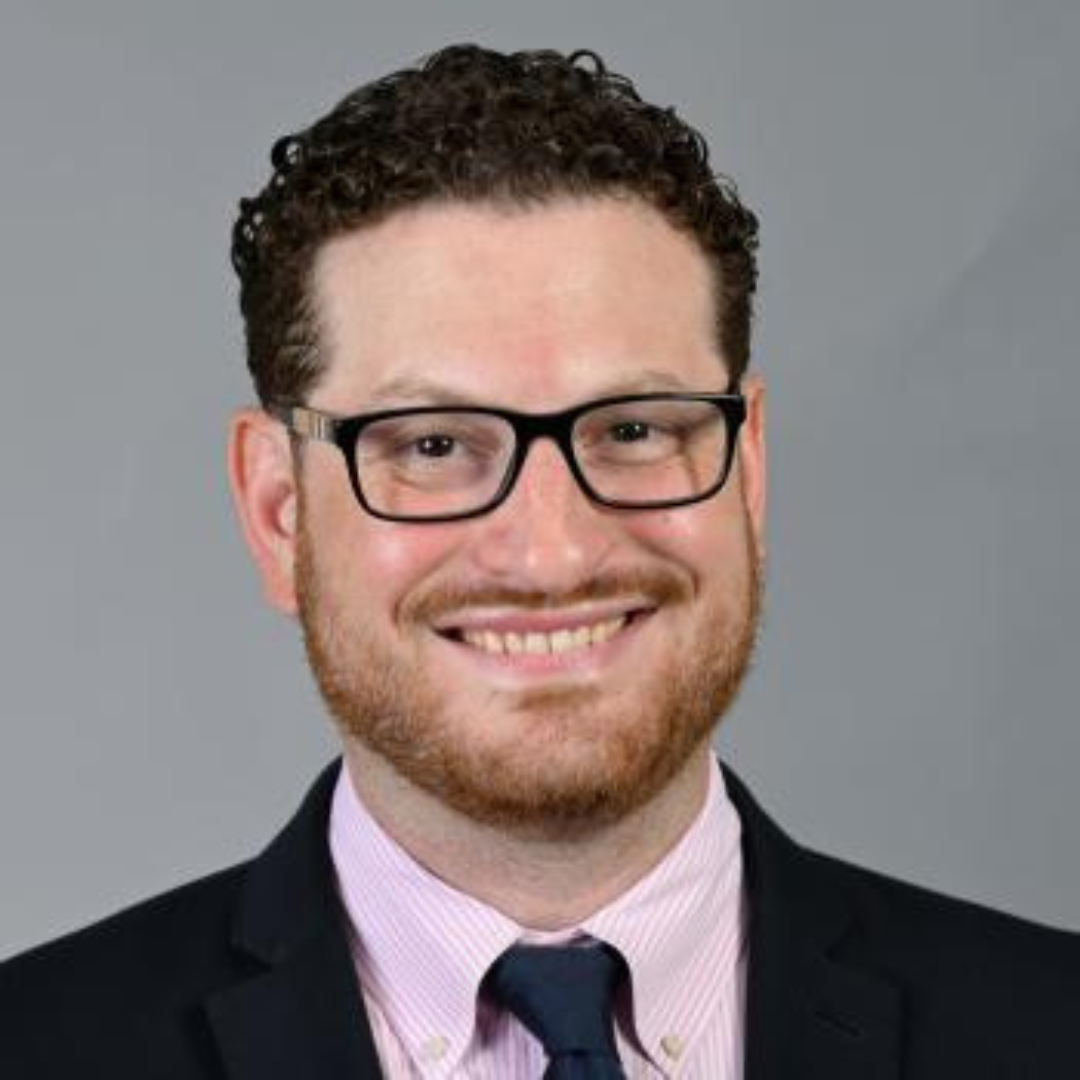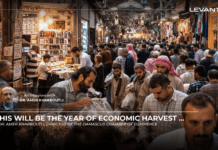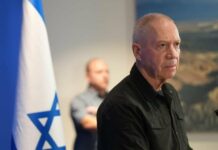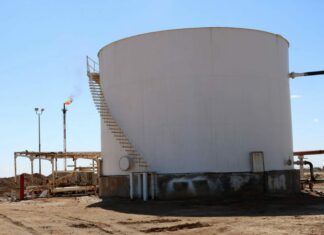
Dr. Aaron Y. Zelin is a leading expert on Sunni jihadism and Middle Eastern militant movements. Zelin is the founder of Jihadology, a widely recognized resource for jihadist primary source material. With a Ph.D. from King’s College London, Zelin’s research spans Syria, North Africa, and beyond, with a focus on jihadist governance, online mobilization, and regional conflicts.
In this interview with Levant 24, Zelin discusses Syria’s evolving political landscape, analyzing the new government’s policies, challenges, and regional implications. Zelin offers insights into how governance structures are evolving and the obstacles the new leadership faces. His perspective sheds light on both the potential and limitations of this emerging administration.
_______________________________
L24: What key policy shifts do you expect from this new government compared to its predecessor, and how might these changes influence Syria’s domestic regional dynamics?
Aaron Zelin: “I think we’ll see a lot of similar dynamics we’ve already seen in the past four months, almost now. But I think because there’s a more expansive government now, which includes more people than just the prior Salvation Government that was formed mainly in northwest Syria, that more people of the country will have greater expectations of it. And now that there’s also support from many international countries, it’s likely that they’ll have access to more resources to try and make things better locally in the same way that they were able to do previously in northwest Syria.”
“Obviously, there’s still a ton of challenges and limitations, especially due to the continued sanctions by the United States. But I think in many ways, this new government is sort of a better version of the Salvation Government because it not only has sort of the key elements of what we saw previously, but includes people outside of that as well now.”
L24: In the context of ongoing conflicts and regional alliances, what role might this government play in reshaping Syria’s relations with neighboring countries and major global powers?
Aaron Zelin: “I think the new government has a great opportunity right now, especially vis-à-vis the issue with Lebanon. We’ve already seen the new government in recent months go after remnants of Hezbollah, as well as the weapons smuggling and Captagon trade. The recent agreement between the Lebanese and Syrian government in Jeddah alongside Saudi Arabia, I think, will be an important step forward in terms of ensuring the security of both Syria and Lebanon, which in turn will likely assist with the regional security issues on the table. Obviously, there have been tensions since the fall of the regime between Israel’s vision of what they think should happen in Syria and what, of course, local Syrians want.

“But the fact is, is that these type of arrangements vis-à-vis Lebanon, I think, is a benefit to Israel’s security as well, considering the fact that Damascus is also interested in undermining Iran’s position as well as Hezbollah’s position. And so that will be one of the key early tests going on and how that might maybe change the minds of those in Israel on what is possible with the new government in Syria.”
L24: With major concerns in the government regarding internal security, what steps do you predict this new leadership will take to consolidate power and ensure stability in a post-conflict environment?
Aaron Zelin: “I think it will continue to do what it has been doing already. Obviously, there’s a legacy of like 55 plus years of the Assad regime and Baathism in general. And so it’ll take time. I mean, we’ve seen that the governance structures that the caretaker government originally did was to slowly engage local populations.
“Obviously, one of the key issues going forward will be the continued negotiations between Damascus and the Syrian Democratic Forces (SDF), as well as its autonomous administration of northeast Syria, and how that can be integrated into all of Syria as well. And that will be a key test on whether this all succeeds or not. But if you look at sort of the growth in consolidation, governance, and all the other governorates in Syria, we’ve seen that the new Syrian state has been able to do more and more not only at the governorate level, but at lower district levels and into towns and communities every single week and every single month.

“And so I suspect that we’ll continue to see consultations with local actors to try and make sure that people bring them into the fold of the new government. I mean, I think one of the things that many miss is that there’s a lot of focus, of course, on the capital and sort of the top leadership at the ministries. But if you look at sort of the day to day politics at the local levels, you see a lot of inclusion going on so far at the district level.
“And I think we shouldn’t forget that a key to good governance in many ways is whether it works at the local level for everybody involved and not just sort of at the broader national level.”
L24: Given Syria’s history of marginalizing certain communities, how committed do you think the new government is to ensuring inclusivity, particularly integrating diverse voices into its policy making and governance?
Aaron Zelin: “I think that there’s an interest in doing this. Obviously, I think everybody needs to recognize that there’s a lot of trauma on everyone’s side, whether it’s the majority Sunni community in relation to everything that’s happened over the last 14 years, if not going all the way back to 1970 or so.
“But there’s also a lot of fear and trauma within minority communities as well, just because they want to make sure that they can be a part of this new arrangement with the country as well. And therefore, I think a lot of it will just be a gradual, slow process so that people feel more comfortable over time. And I think that there has been engagement on many levels, especially with the Druze as well as the SDF, which brings in Kurds, of course, will be helpful.
“A lot of local initiatives we’ve already seen with the Ismaili community, as well as a lot of engagement with Christian clergy and leadership there. Obviously, the most difficult aspect will be with the Alawite community. They had, in some ways to have a lot of historical trauma due to massacres against the community during the medieval period, as well as in the late Ottoman period.

“Of course, what happened with the massacre in early March also brings up these memories as well. But the new government has shown that, you know, it’s willing to engage with people in those communities and work with them at the local levels as well. And that one will take the most time, most likely, and it’ll be a sensitive process, no doubt.
“But at least so far, it seems that the new government is interested in having a serious relationship with all minorities. Obviously, you know, people need to understand that the expectations are different now, too, now that the former regime is gone as well. But hopefully for everybody involved, it’ll work out just as much for the majority population as it will for the minority communities as well, and that everybody feels safe and comfortable.”
L24: Looking at the ministries, do you feel like the government is it inclusive or does it seem lacking?
Aaron Zelin: “Well, I mean, it depends how you take it. Obviously, we do have people from all different backgrounds within the government. But I think some people will say that the key portfolios are still run by sort of HTS guys, whether it’s foreign affairs, defense, interior justice.
“And I think some, especially in the West, might be disappointed that there was only one woman involved in it, even though, you know, if you look at the biographies of everybody involved, they all seem like they have a lot of experience. And in many ways, it’s sort of an improved version of the Salvation Government. But I would suspect that some might still be disappointed that it’s not even more inclusive. But, you know, it’s hard to say how that will all play out in the future, too.”








